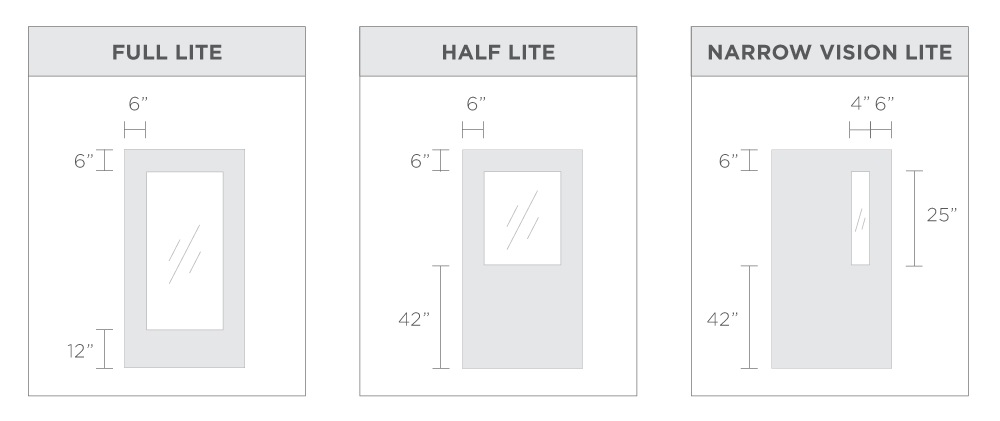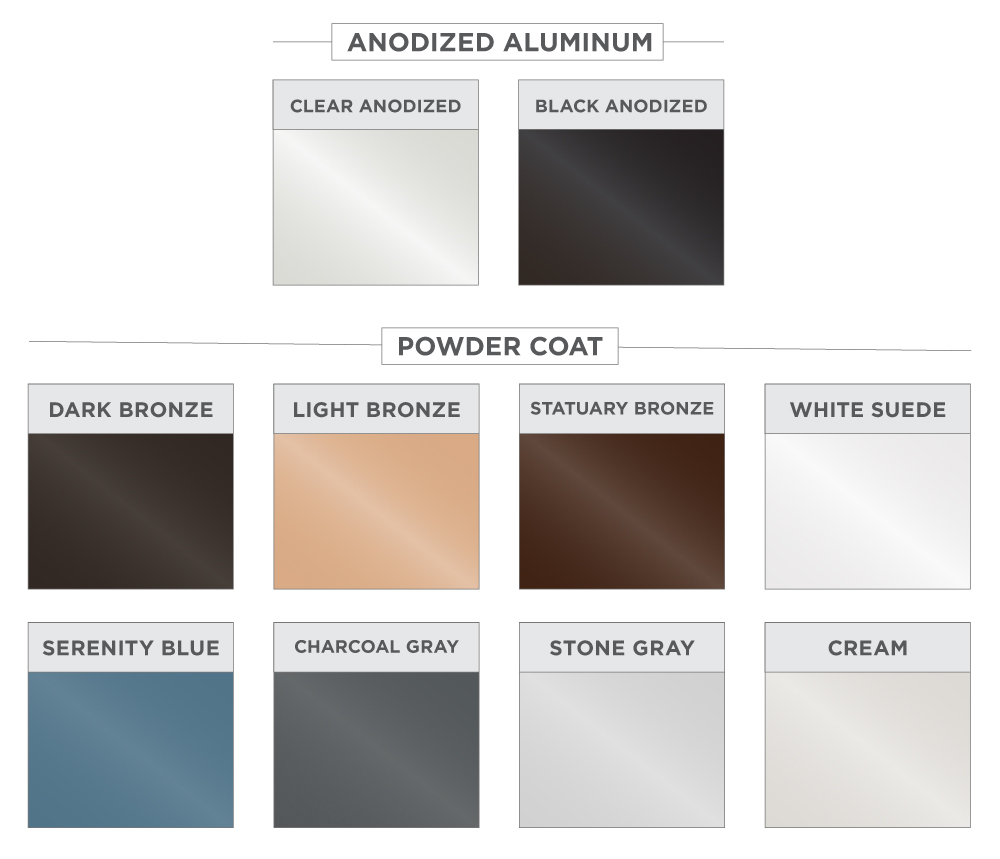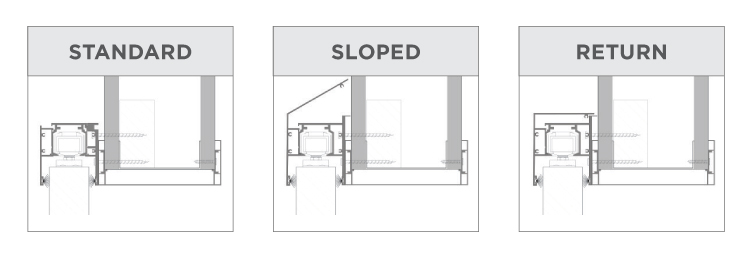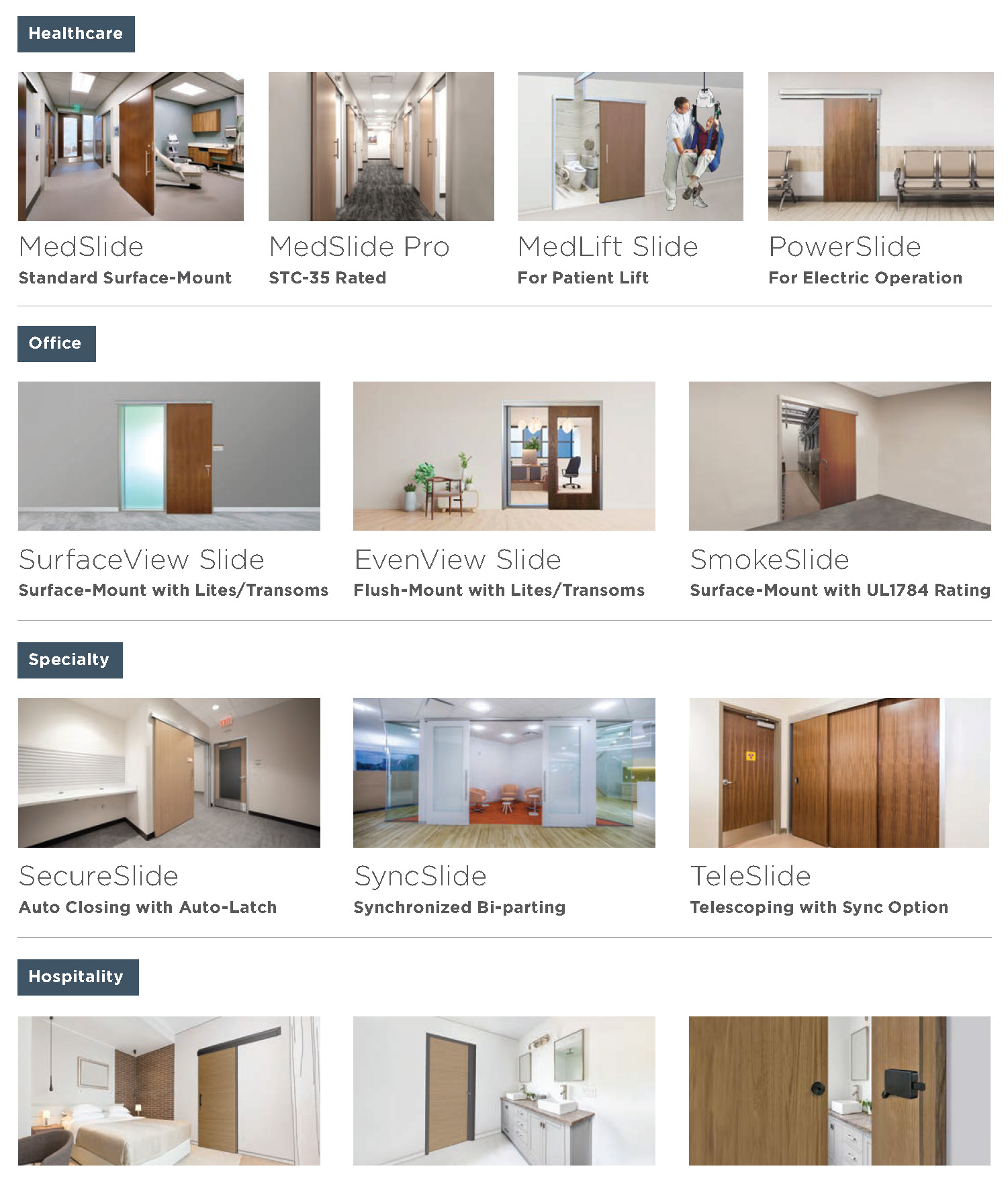Innovative Strategies for Sourcing Medical Sliding Doors Globally
The healthcare industry is constantly adapting, with an increasing focus on improving patient experience and optimizing operations. One of the developments in that area is advanced architectural design features, including medical sliding doors. A recent report by Grand View Research states that the global medical doors market is expected to reach USD 1.5 billion by 2025, due to the rising demand for hygienic and space-saving solutions within healthcare facilities. Medical sliding doors help to improve space, aid in infection control, and strengthen patient flow; hence, they turn out to be the best investment for today's healthcare environments.
As healthcare providers are eager to explore innovative solutions, procuring high-quality medical sliding doors has become a priority. With the global market moving toward specialized suppliers, it is essential for decision-makers to explore new avenues for procurement. According to the American Hospital Association, more hospital construction projects are emphasizing the need for spaces designed for efficiency and accessibility. Innovative sourcing strategies will allow access to a wide range of medical sliding doors produced by diverse manufacturers worldwide, ensuring healthcare facilities are equipped with the best technologies for their operational and patient care needs.
Understanding the Global Market for Medical Sliding Doors
Increased technological advancement and changing healthcare needs will significantly boost the global market for medical sliding doors. Functionality and patient experience have been encouraging the healthcare industry to demand automatic solutions such as sliding doors. It is expected that the market size for automatic entrance doors will increase from $9.2 billion in 2024 to $12.7 billion by 2032, with a compound annual growth rate (CAGR) of 4.1%. This signals a growing preference for smart and efficient access solutions in medical facilities across the globe. Besides technology, this also includes joint factors such as geology that affect sourcing strategies for medical sliding doors. China remains a critical source for international sourcing for its capabilities for large-scale production and cheaper pricing. In the context of uncertainty, businesses are looking at regions offering stability and conducive long-term investments. With its large-scale operations and huge production capacity, China provides the reliability expected by companies when planning their supply chains. While making supply-source choices that encompass functional and budgetary requirements, the understanding of the global market dynamics for medical sliding doors becomes vital for healthcare providers in optimizing their own operations.
Key Considerations When Sourcing Medical Sliding Doors
Sourcing globally for medical sliding doors requires a deep understanding of various key elements in order for the end products to meet the necessary standards for functionality and safety. The first factor is regulatory compliance. Medical environments must adhere to strict hygiene and safety requirements; therefore sliding doors must comply with the applicable certifications and standards, such as ISO and FDA approvals, specific to the region.
Material selection is also very important. It means using durable and cleansable materials to minimize contamination risks. These doors should be available with an emphasis on visual and functional attributes most suitable for the high traffic in healthcare settings. Working with suppliers who will provide information regarding the materials that they use can help the buyer make sound decisions.
The most important factors also include the price of the supplier and the brand reputation. Long-term relations with reliable manufacturers would improve the quality assurance and also the supply chain management. It is therefore better to get suppliers who have experience in such specific products for medical fields, since they are already well aware of what to expect. By addressing these key aspects, any organization will successfully manage the process of sourcing medical sliding doors for themselves.
Innovative Sourcing Strategies for Medical Equipment
Achieving procurement efficiency for medical equipment is vital in the fast-paced changing environment of the health industry. The innovative sourcing strategies have therefore become more important in ensuring that hospitals and clinics are equipped with the latest technology while remaining within budgetary considerations. In the case of medical sliding doors, which are of paramount importance in infection control and patient access, global sourcing networks can be utilized to add increased diversity in products and better quality.
One way is to exploit emerging markets with favorable selling and manufacturing costs without compromising quality. Fast-developing technical capabilities in some countries enable them to manufacture good-quality medical equipment. Local manufacturers or strategic partnership arrangements would limit logistical costs, and it will assist in striding across regulatory landscapes with lesser difficulty. These alliances could guarantee that products are complying with international standards, thereby widening their market prospects.
A sound supply chain management system will aid the sourcing thereof. New analytical methodologies will enhance procurement strategies by enabling one to gauge demand and make intelligent purchasing choices. Digital platforms can enable real-time communications with global suppliers to ensure timely responses and materials for equipment supply and reduce downtime. With technology in hand, organizations can leverage innovation and market pulls to redefine sourcing for enhancing patient outcomes and operational efficiencies.
Leveraging Technology for Efficient Procurement
In an ever-evolving world of global procurement, especially for medical equipment supply, technology is considered a major game-changer. Such aspects as the infusion of AI enhancements have taken over the strategies businesses had worked with for optimizing their respective supply chains. Such advancements that AI-driven platforms present have the power to reduce procurement time, involve supplier engagements, and increase all-around operational efficacy in any given company dealing with medical sliding entrances.
The use of smart quoting solutions is just an instance of how technology could affect procurement efficiencies. By going electronic on the bidding process, these solutions allow quick responses to bids, automatically saving time that would otherwise have gone to the administrative work. The orchestration of AI systems in this context is maximizing the application of digital tools in decision-making, but also providing valuable information for wise purchasing decisions by analyzing data.
Additionally, AI contributes manifold to the valuable strategic planning for procurements based on market trends. This technology is weighing far and above any possibility to disrupt the chain of supply by identifying them in advance, through a rigorous analysis of data. This early warning helps organizations adjust their sourcing strategies, thus positioning themselves to stay competitive in the global medical products market, such as doors for sliding. When concerning technological progress, organizations are innovated to meet the current requirements and even, with some vision, to forecast future opposing forces.
Building Strong Supplier Relationships in the Medical Industry
Building strong supplier relationships in the medical industry, as with the investigation by the EU into the procurement market of medical devices in China, is crucial for recent developments. The scrutiny of the procurement space may open up areas for sourcing modifications to raise new calls for transparency and equal access to the market. Strong supplier connections help tackle such complexities and manifest compliance with changing global standards.
Thus, reports from the industry show that improving supplier relationships enables enhanced negotiation positions, cost savings, and progressive levels of innovation. According to a recent study, development of supplier partnerships sees such companies exhibit 12% better metrics in terms of operational efficiency and product quality. As medical sliding doors become increasingly important equipment, any supplier who understands the market forces at work and who can respond to changes immediately will be invaluable.
Thus a trust-building with suppliers and collaboration will also be critical in logistics and information security as the medical domain advances. Collaborations may leverage the joint expertise in supply chain resilience, particularly given uncertainties globally. By "intensive relationship building," companies prepare to quickly adapt to inevitable market fluctuations and continuity of their operations at best.





